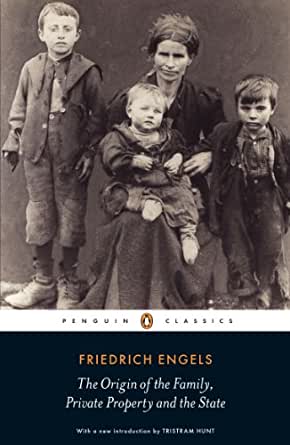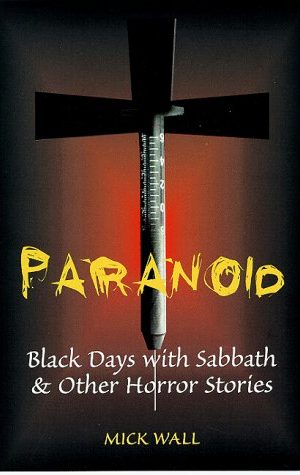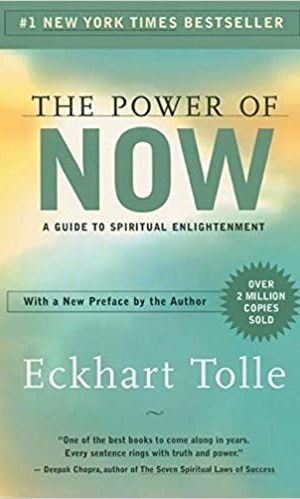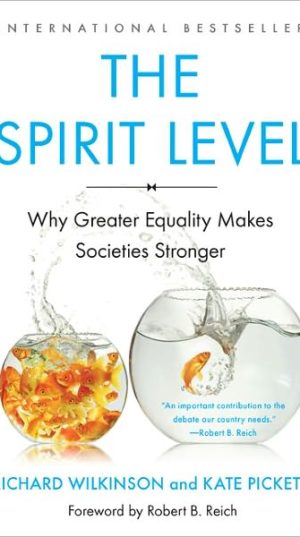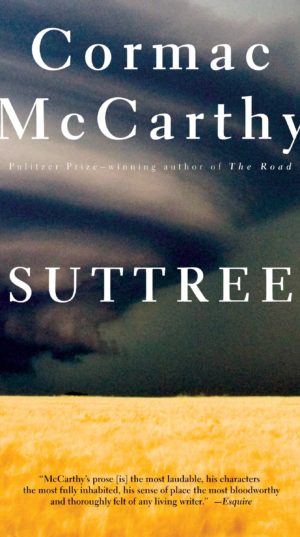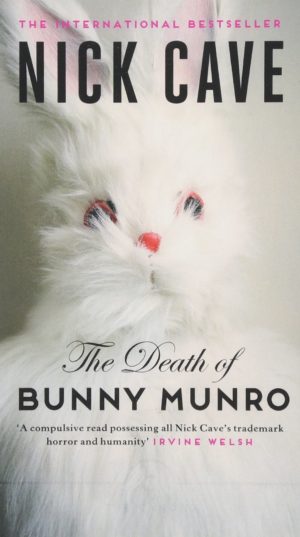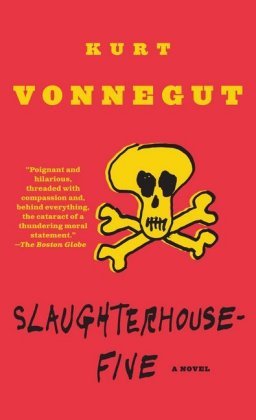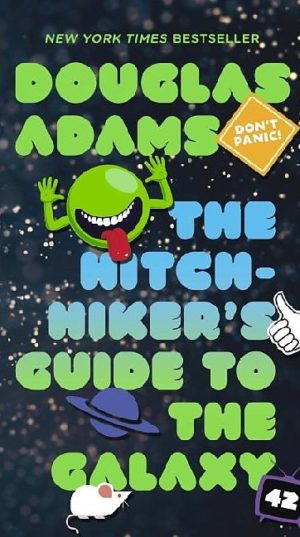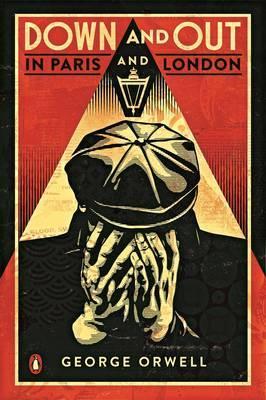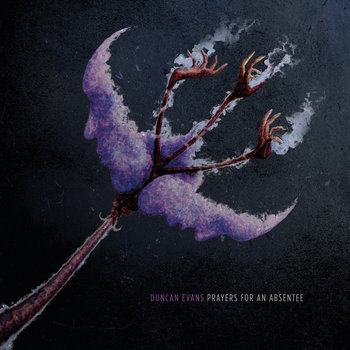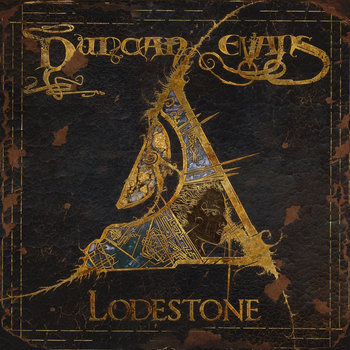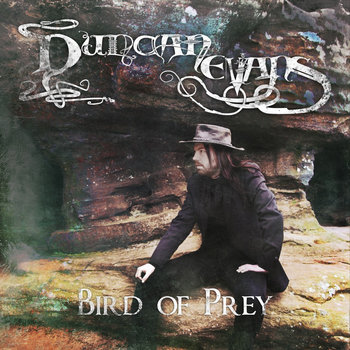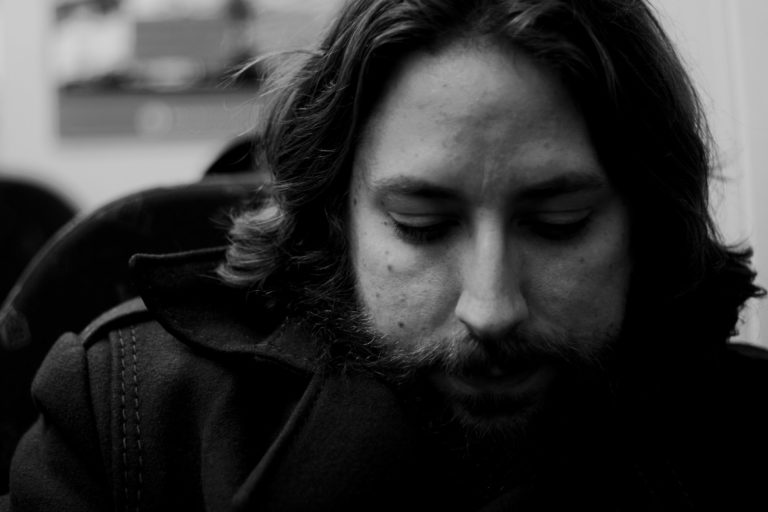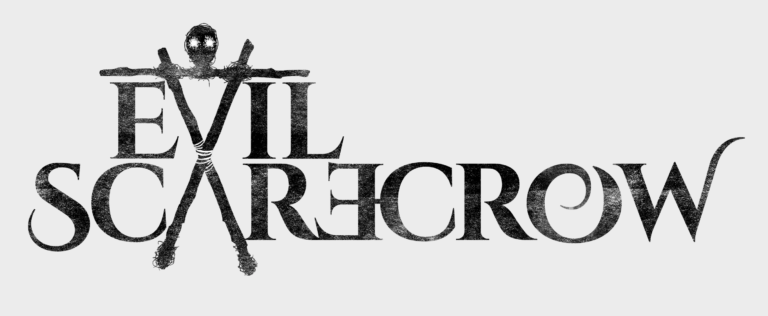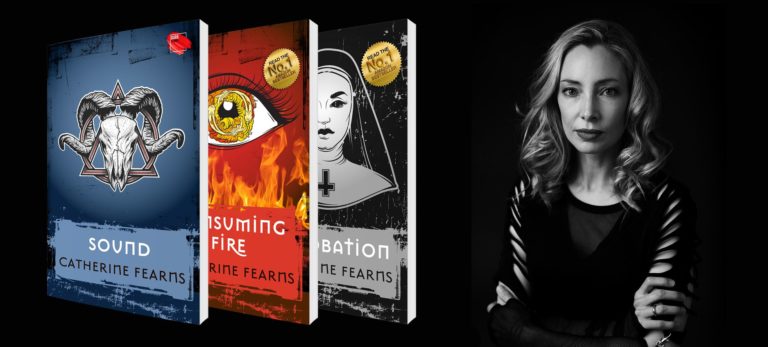I’m very pleased to welcome guitarist-singer-songwriter Duncan Evans to 10 Books That Made Me. Formerly the guitarist for A Forest Of Stars, Duncan Evans signed to Auerbach Tonträger / Prophecy Productions (Alcest, Xasthur) as a solo artist in 2013, when he released his debut album Lodestone. The same year some him performing at Roadburn and Wave Gotik Treffen festivals and supporting Empyrium in Berlin. In 2018 he supported Dornenreich at the iconic St Pancras Old Church in London. Inspired by the likes of Nick Cave, Leonard Cohen and Swans, Evans is nowadays crafting dark folk that fuses elements of post-punk with singer-songwriter sensibilities, tinged by psychedelia. His latest album, Prayers for an Absentee, was recorded in an old church and comprises eight odes of melancholy, yearning and nostalgia, described as music ‘to put on when you want to be moved’ (Pete Woods, Ave Noctum magazine).
Having listened to Duncan’s music, I had no doubt that he would be a literary-minded guy and here he provides a fascinating insight into his inspiration.

Suttree – Cormac McCarthy
When dealing with difficult situations in any aspect of my life I often feel myself asking “what would Cornelius Suttree do?”
Allegedly Cormac McCarthy’s most autobiographical novel, Suttree follows the character of the same name as he navigates (partially self-imposed) destitution and the pitfalls and hurdles of post-war poverty-stricken life in Knoxville, Tennessee. Suttree manages emphatically to maintain his dignity and his control and power over himself in spite of the adverse conditions he operates under. He often has to deal with people from the lowlife underworld, but at no point does he allow that world to intrude on the core of his being. This he guards with outward acceptance, inner defiance, and a self-protective stoicism.
If Cornelius Suttree can get through it then so can you.
The Power of Now – Eckhart Tolle
This is a book that would have unequivocally repelled me in the not-too-distant past. The good news for me is that this guide to “spiritual enlightenment” requires no belief in an external spirit world or in deities of any sort. The focus is upon transmuting pain into acceptance and, ultimately, joy. The past is in your head. A different version of the past is in my head. The future is also, unarguably, a mind-made construct. Whilst these concepts – past and future – are useful tools, the only reality is now. And every time it slips away it will return instantly if you only let it.
Paranoid: Black Days With Sabbath & Other Horror Stories – Mick Wall
This book is not really about Black Sabbath. In essence it’s an autobiography documenting a period of music journalist Mick Wall’s life. It arrived with me at a formative time when I was learning to navigate the world of rock ’n’ roll. Wall talks extensively about his chronic addiction to heroin, and life he led as a journalist and human being during and surrounding that time. Wall’s outrageous sense of humour, often cynical attitude and conversational writing style had a big impact on me as a young music student and obsessive rock fan. It opened the door to my interest in irreverent and “countercultural” writing such as that of of Hunter S Thompson.
Slaughterhouse-Five – Kurt Vonnegut
Often the most meaningful truths are best served with a strong dose of fantasy. Vonnegut’s classic anti-war masterpiece is not really sci-fi work, although it features several “supernatural” concepts which often cause it to be placed in that category. Slaughterhouse-Five invites the reader to muse on the idea of cause and effect and to temporarily desolidify the permanence of the march of time itself. It illuminates the ordinary stories underneath such cataclysmic historic events as the Dresden bombing. Conversely, it also often speaks of the mundane and the everyday in magical terms, imploring us to see the significance in every little action and reaction. The character of Billy Pilgrim is a channel via which Vonnegut’s deep wisdom and the resilience developed through his life experience – from love to war – are displayed for us all to learn from if we’re ready to.
Confessions of an Opium Eater – Thomas De Quincey
Thomas De Quincey was a man of his time and as such his views on many issues are somewhat outdated. However, the story of his addiction to opium – published in 1821, a time when such indulgences were perfectly legal – remains an enduringly rich piece of writing which offers important and rare insights into aspects of the human condition which are still not often discussed openly. De Quincey embarks on a journey of both internal and external discovery which gifts him with incredibly beautiful understandings and also takes him through abject suffering. Eventually he is able to escape the trappings of the most problematic excesses of his addiction. His account is lucid, captivating and mesmerising.
Down and Out in Paris and London – George Orwell
George Orwell’s straightforward and upfront style is almost the antithesis Cormac McCarthy’s quasi-poetry. Orwell leaves little room for imaginative interpretation. And that is the point. Orwell’s strength is in his clarity. That’s not to say that Animal Farm isn’t almost universally misinterpreted (it is), but that’s another conversation. This book actually contains less directly autobiographical truth than one might think on first reading. It is a deliberate mingling of truths experienced and / or observed over a period of time into one journalistic account which tells a pleasing story. This partial fictionalisation actually highlights the wider truths more starkly than if the actual truth were told, with all of its unnecessary detail and equivocation. Orwell explores the ordinary lives of working class people in the two cities of the title during the late 1920s. The conditions in both places are equally horrendous. Orwell shows how these conditions create problematically fatalistic attitudes in people – a situation which then goes on to cause further societal problems. Orwell’s solidarity, understanding, forgiveness and humanity work together with his intellectual and educated wider analysis to produce a very important work, many of the lessons of which can still applied to societies of today.
The Spirit Level: Why More Equal Societies Almost Always Do Better – Kate Pickett and Richard Wilkinson
This book outlines in very stark and fully researched and referenced terms exactly why the unfair and inhumane distribution of wealth, experience and opportunity we see so often in fact does not work. It doesn’t even really work for those who “win” from these systems. Pickett and Wilkinson go in-depth in their analysis of different societies around the world and show that societal problems are always worse in direct proportion to the amount of embedded inequality in any system. In systems which show more compassion and care, everybody has a better time. The book uses hard evidence to signpost us towards potentially far brighter futures.
The Origin of the Family, Private Property and the State – Friedrich Engels
This is one of those books that, whilst actually reading, I felt like I wasn’t taking much from. However, once finished, I realised that I had in fact grasped many of the basics. Written in 1884, this work shows us that the societal and economic structures considered to be “normal” under the current aeon of “civilisation” in fact have their roots not in some natural order but in the human-created concept of private property. Following the inception of the concept of ownership, some human beings or groups thereof began to own more than they had any direct need for, and then people began to relate to each other in different ways and create societal rules and expectations based around this. The book is not an easy read and, of course, times have moved on since the 19th century, but there is a great deal of enlightening historical analysis here which can form part of an important discourse about the nature of property, humanity and modern society. A lot of it is still incredibly useful and relevant to the times we see ourselves living through.
The Death of Bunny Munro – Nick Cave
Nick Cave is a major inspiration to me not only as a performer but as a writer. He is known mostly for his lyrics but his long-form fiction is of equal worth. 1989’s And the Ass Saw the Angel is perhaps marred by its own ambition. Although this work has great merits in its own right, Cave was never going to parallel writers such as Cormac McCarthy when working in a “southern gothic” style. By 2009, however, Cave was a different person and had seemingly gained the confidence not to try to be anyone else. The Death of Bunny Munro tells a sad story of which we are already party to main detail of the tragic ending. Bunny Munro is an irredeemably despicable, toxic and ineffectual middle-aged man with a misplaced sense of cocksure confidence. We witness his gradual and agonising decline over the course of the novel’s three parts – “Cocksman”, “Salesman”, and “Deadman”. Through shocking circumstances indirectly of his own making, Bunny is left for first time to care for his young son Bunny Jr. Bunny Jr’s advantage is that, unlike in the case of his father, he hasn’t allowed the Pandora’s Box of the real world to break him down. Bunny Jr is the source of hope and humanity to counter Bunny Sr’s cynical and self-centred hedonism. The very end of the novel is a beautifully heart-rending and cathartic sequence during which Cave utilises his rare sense of compassion and human understanding to really zoom in on the human condition and its relationships with death and redemption.
The Hitchhiker’s Guide to the Galaxy – Douglas Adams
In this series of novels, originally a radio series in the 70s, Douglas Adams creates a science fiction world which actually exposes a lot about the real world. It is absolutely hilarious and written in a very readable style. It also works on deeper levels and raises important questions about what we value and relate to. The book was also incredibly prescient. The Hitchhiker’s Guide to The Galaxy is not only the title of the first book in the series, but also a portable electronic device within the sci-fi world which offers information at the touch of a button. It is, in essence, a smartphone running Wikipedia. The work highlights the fact that much of what we consider to be of utmost importance is in fact of very little significance in is cosmic terms. Arthur Dent is from 1970s England and accidentally gets caught up in the bulldozing of planet earth. He is saved from this fate by an alien called Ford Prefect (actually the name of a car popular in the 70s) and embarks a highly amusing adventure. The cultural significance of this piece of fiction cannot be overstated. From Futurama to robot fridges, the modern world arguably owes a great deal to The Hitchhikers Guide To The Galaxy.
Thank you Duncan for this beautifully-written analysis of the books that have moved you the most. As this series has developed it has been fascinating to see the authors who come up again and again as inspirational to musicians, with Cormac McCarthy, Kurt Vonnegut, Douglas Adams, George Orwell and socialist philosophers all making regular appearances.
Now go and listen to Duncan’s gorgeous music….
Email (PR, booking, general enquiries): info@duncanevans-music.co.uk
Prophecy artist page/record store: http://en.prophecy.de/artists/duncan-evans/
Instagram: www.instagram.com/duncanevansmusic
Facebook: www.facebook.com/duncanevansmusic
Twitter: http://www.twitter.com/devansmusic
Official website / merch store: http://www.duncanevans-music.co.uk
Bandcamp: https://duncan-evans.bandcamp.com/
Spotify: https://open.spotify.com/artist/1j003jL9LhCKjE7ouSguGT



